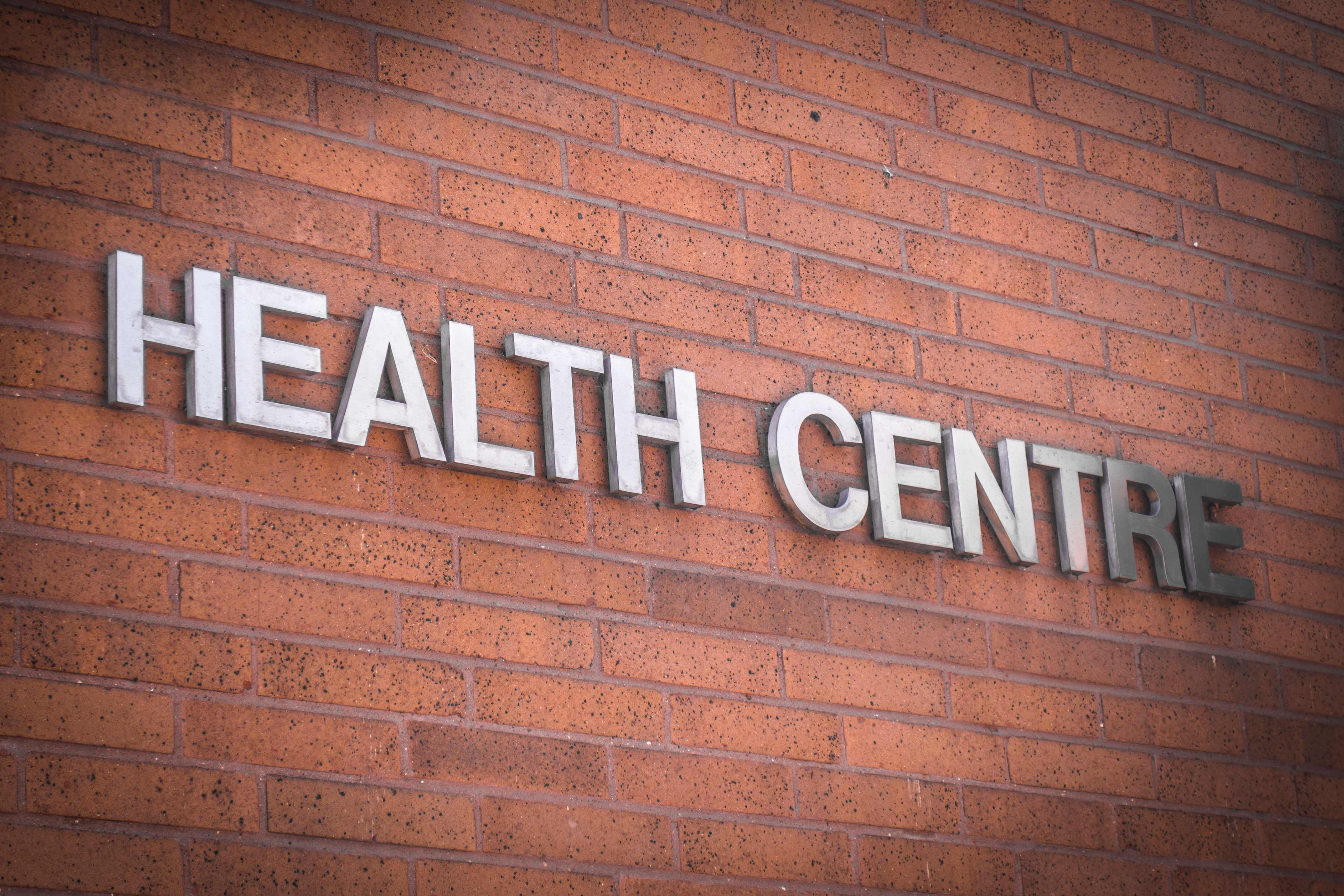
A recent survey has revealed that a majority of Britons prefer increased NHS funding for community services rather than hospitals, highlighting a disconnect between government funding priorities and public opinion.
The survey, conducted by the Health Foundation think tank and polling group Ipsos UK, combined nationwide polling with in-depth public deliberative workshops. It found that 60% of respondents in England favour prioritising local care access, such as GPs and dentistry, over hospital care, which was chosen by only 29%. Participants believe that strengthening community services can reduce the burden on hospitals and A&E departments by facilitating earlier diagnosis and treatment, which could indicate a growing frustration with accessing GPs and dentists. The survey, which included 1,774 participants, also revealed that around half of the public (47%) would also prefer to see an increase in taxes to maintain the current levels of care and services provided by the NHS. This compares to just 11% who would like to reduce spending on other public services to maintain current levels of NHS care, and 9% who would reduce the level of services provided by the NHS to avoid increasing tax and spending. The polling also found that those intending to vote for Labour (63%) and Liberal Democrat (61%) are more in favour of increasing taxes than those voting Conservative (41%). In the workshops, despite concerns about the cost of living, participants overwhelmingly wanted improvements in NHS services and supported increases in taxes to achieve this.
However, participants had conditions around additional funding, including a need for the NHS to be more efficient and spend its budget well, a need to see improvements in services, and greater transparency and long-term planning to make the best use of the budget. Despite these preferences, spending on hospital services has increased as a proportion of total NHS expenditure in recent years, while the share allocated to primary care and community health has decreased. Hospital trusts have seen a funding growth of 27% since 2016-17, compared to just 14% for community trusts. Additionally, while the number of hospital and community health doctors has increased substantially, the number of fully qualified GPs has decreased. Tim Gardner, assistant director of policy at the Health Foundation said: ‘As we approach the General Election, it is vital that the political parties have a deep understanding of what the public wants and expects. No issue is more crucial than the NHS, which is seen as a top priority among voters.’